Study: gawking at your phone in bed can lead to 'transient smartphone blindness'
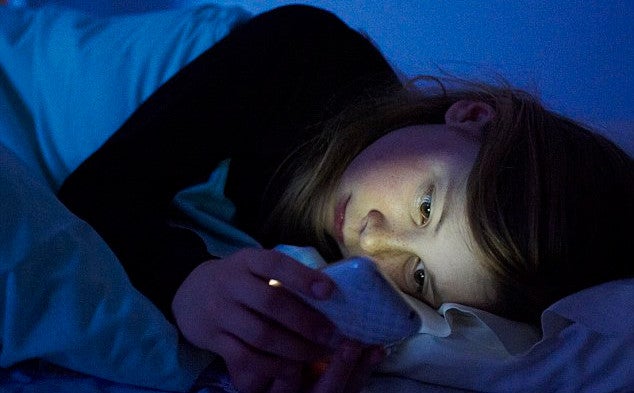
This position is fine, but don't bury one eye in the pillow, or you might think you are going blind
It seems to be precisely that setup which brought on the vision loss, established the researchers, and cited the physics behind it: "due to differential bleaching of photopigment, with the viewing eye becoming light-adapted while the eye blocked by the pillow was becoming dark-adapted. Subsequently, with both eyes uncovered in the dark, the light-adapted eye was perceived to be “blind.” The discrepancy lasted several minutes, reflecting the time course of scotopic recovery after a bleach."
Moral of the story? Don't cover one of your eyes, and stare at your phone screen in the dark with the other, you might think you are going blind, and bring unnecessary strain on your health insurer's budget for costly exams.
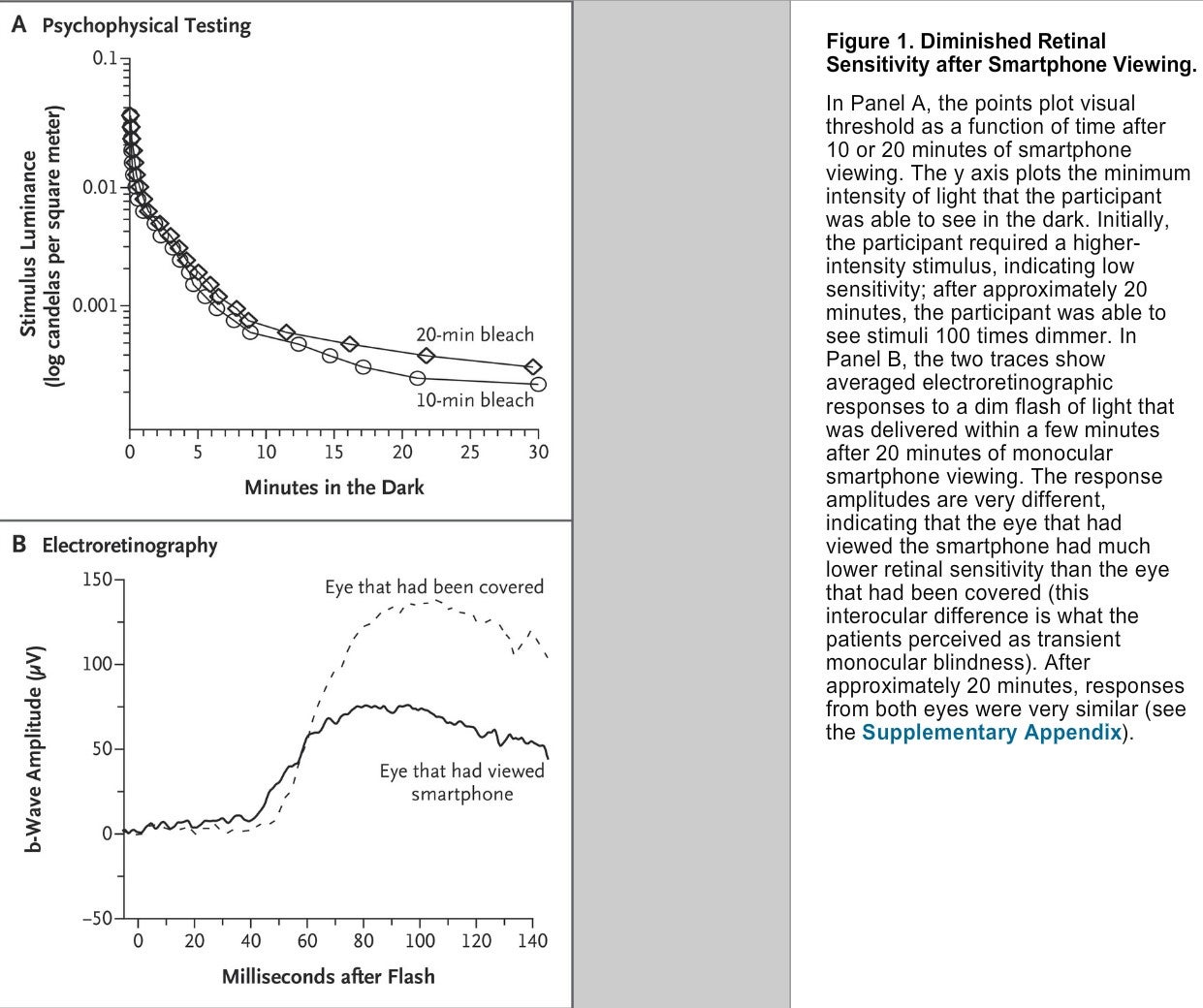
Transient smartphone blindness mechanism chart
source: New England Journal of Medicine via RT
Follow us on Google News



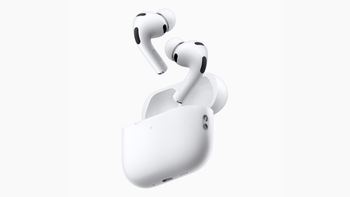
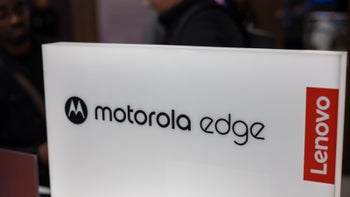

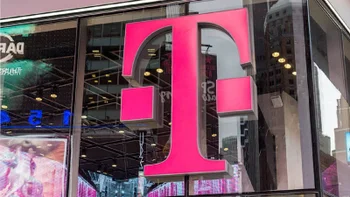
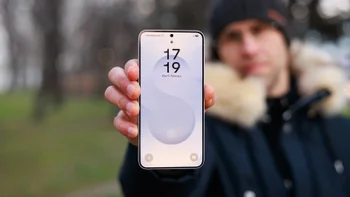
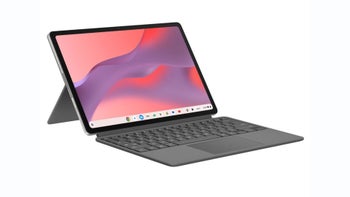
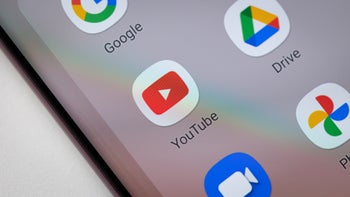
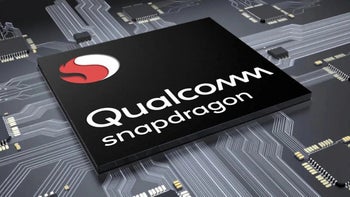
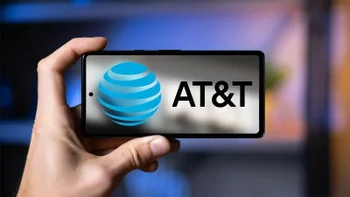
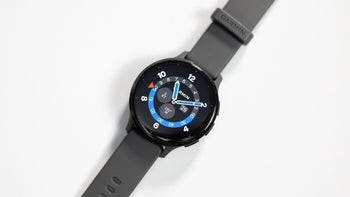
Things that are NOT allowed:
To help keep our community safe and free from spam, we apply temporary limits to newly created accounts: